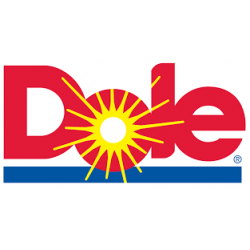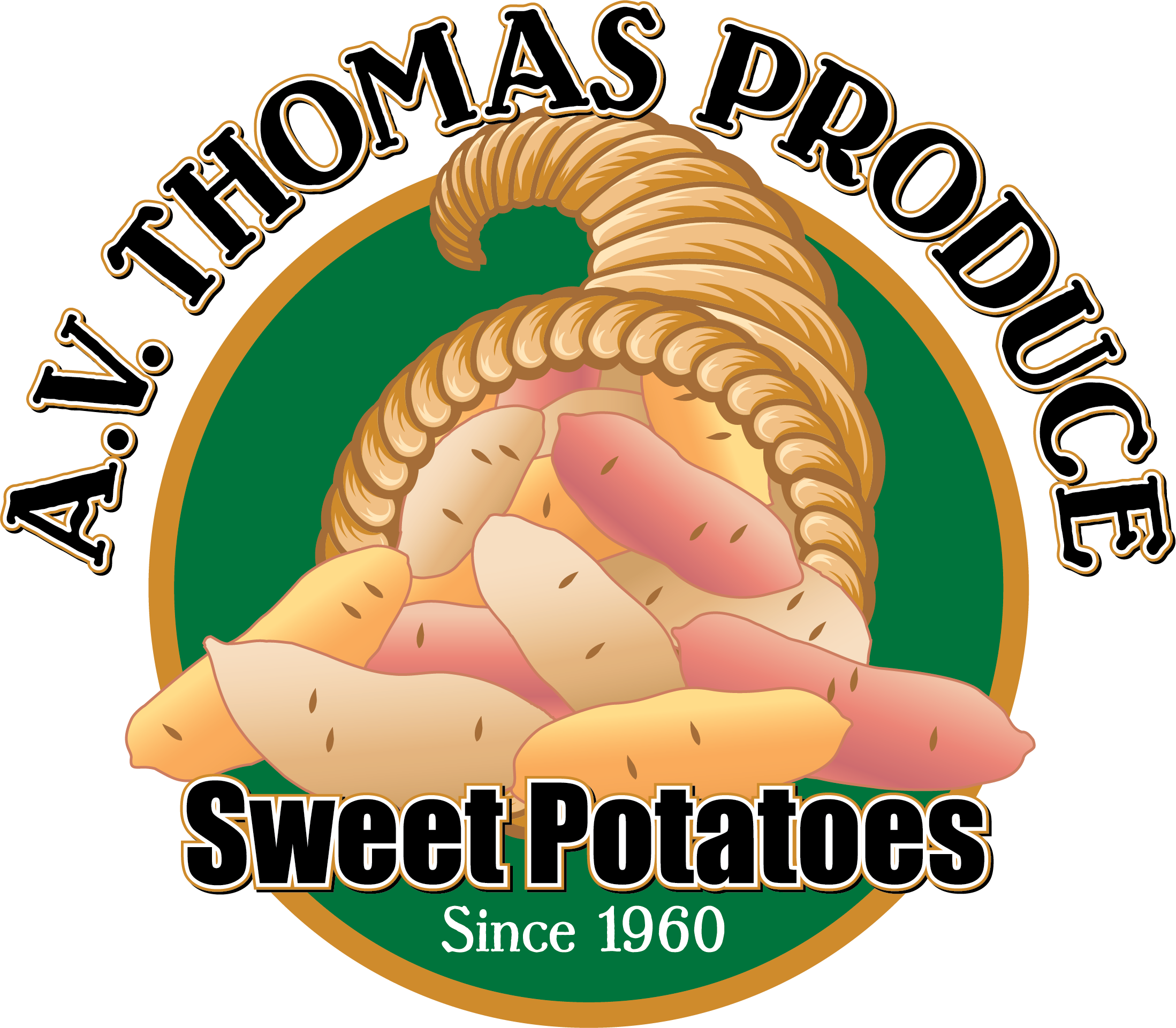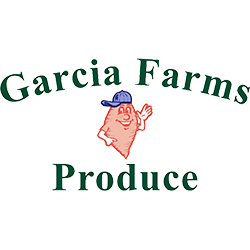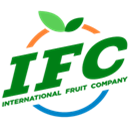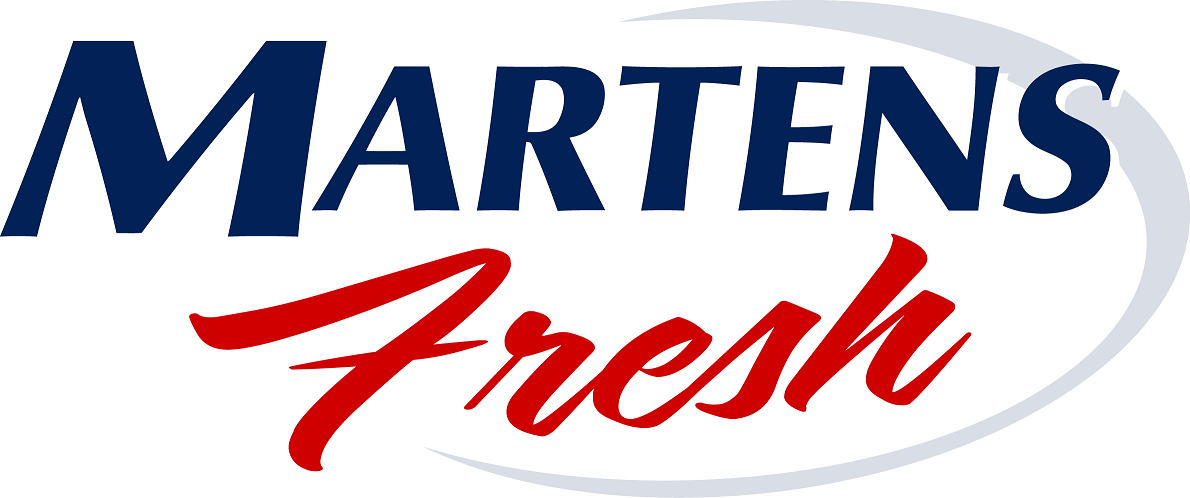The Food Traceability Final Rule, or FSMA 204, was the topic of a recent webinar hosted by Sonia Salas, associate vice president of science from Western Growers Association, that also featured panelists Todd Baggett, CEO of Redline Solutions; Hao Fang, vice president of food safety with Guimarra Cos.; and Jason Varni, senior director of solutions with iTrade.
The Food and Drug Administration established FSMA 204 to enhance traceability. The rule, which goes into effect Jan. 20, 2026, affects about a dozen fresh produce commodities, Salas said. And within those different commodities, any business or entity harvesting, cooling, initially packing, receiving, transforming or shipping fresh produce is impacted by this rule.
The harvesting, cooling, initial packing, receiving, transforming or shipping fresh produce are each considered a key data element — KDE — and each KDE must be tracked and included with fresh produce all the way to the retailer.
Hao said Guimarra has implemented a traceability plan with a list of items the company holds, manufactures, processes and packs.
“Guimarra considers handling all products as if they are on the food traceability list, which also aligns with many customers expectations,” he said.
Guimarra also communicates with its supply chain partners and customers about how to link the KDEs to them and to understand the traceability requirements of its customers, Hao said.
Varni said while some businesses in the fresh produce industry might see FSMA 204 as an extra step or a hardship, many already use standards such as GS1 US.
“When a company sends products out to the next company that's going to receive those products, they can leverage standards that are in place today,” he said. “One of the things I think that's going to really help these separate systems and companies communicate is finding that common language of standards and leveraging that so that it isn't just a one-off requirement from a trading partner that doesn't fall into a standard and is hard to scale.”
Varni said it’s important for businesses to understand which key tracking events to pay attention to as part of FSMA 204.
“A bulk of what we see with FSMA 204 requirements are early in the supply chain, upstream,” he said. “A lot of that falls on the suppliers.”
He said these suppliers need to have the ability to capture the existing touch points and processes already happening for growing, harvesting, cooling and initial packing.
“Most companies have systems in place already and touch points within their workflow,” Varni said. “So, leveraging those two layers of technology and software on top of that in order to use existing work to capture additional data and store it is, I think, one way to minimize the amount of impact on a company that's trying to be compliant with FSMA 204.”
Baggett said for the packer-shipper that might be a part of five or six of those critical tracking events — or CTEs — for which it’s capturing additional data regularly and consistently.
“The FDA is going to expect that information,” he said. “If there is ever a traceback investigation, the supplier is going to be responsible to show all of the critical tracking events they have, and the most critical one that flows all the way through the supply chain is that traceability lot code.”
Hao said another thing to note about FSMA 204 is the FDA did not require a specific application or technology for the record-keeping, but a customer might have specific requirements.
Baggett said for those businesses looking to a technology solution provider to become FSMA 204 compliant, the provider must understand the produce industry.
“We saw a lot of people coming from outside the industry telling us how to do traceability for medical devices or for aerospace or automotive that just don't fit the produce industry,” he said. “You want to make sure that the provider has been around in the produce industry for a long time and is known to have good product implementation, great support and timely responses. For FSMA 204, the ability to integrate with outside systems is key, and those systems need to be either open systems or have the ability to integrate easily with outside systems.”
Watch the full webinar in the video player above.


